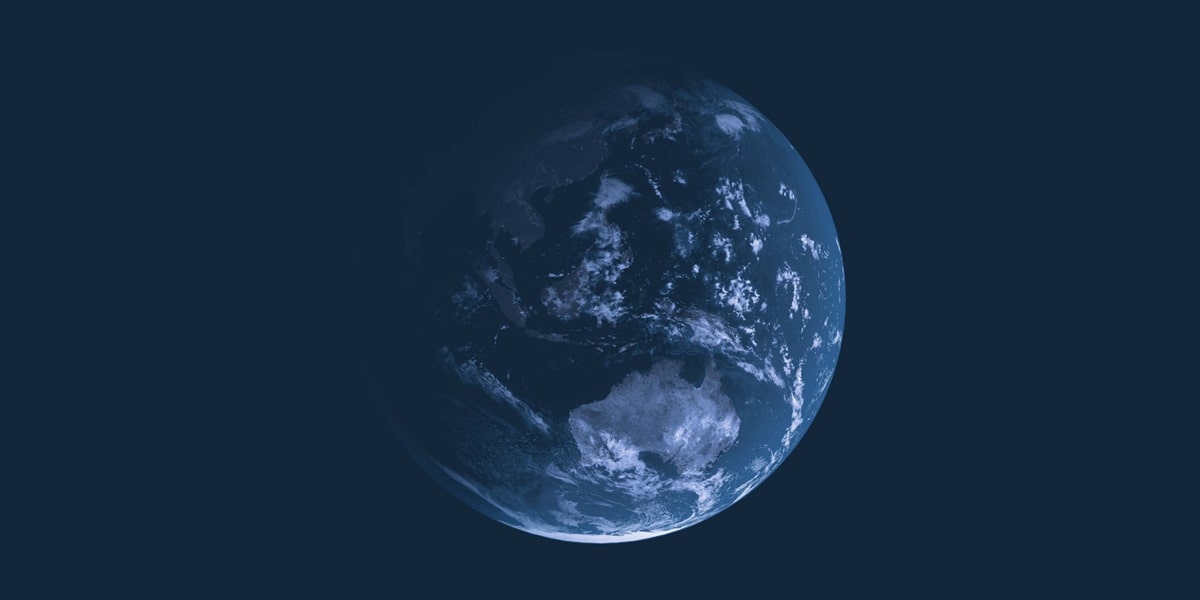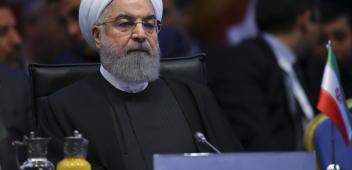Protests alone not enough to force out Iranian mullahs
Originally published in The Australian.

Protests in Iran have now entered their fifth week, and social media images of a fire breaking out at the notorious Evin prison were enough to spur some commentators to make comparisons with the 1979 arson attack on the Rex Cinema in Abedan that killed hundreds of people and presaged the downfall of the shah’s rule.
There is no indication the Evin prison fire will be of such significance, however. That is not to say this round of protests is not significant – their persistence and geographic spread are indicative of the dissatisfaction that people have with the regime.
But the fact the population is dissatisfied with the Iranian regime is already well known among the leadership. The turnout for the last presidential election was the lowest on record and the proportion of invalid votes the highest. Official youth unemployment stands at around 25 per cent. The Iranian economy continues to labour under a heavy regime of sanctions, with little positive news from the nuclear talks to encourage the markets. And as well as the current political and economic issues faced by the Islamic Republic, it also faces future demographic challenges – the post-revolutionary baby boom encouraged by ayatollah Ruhollah Khomeini gave way to a focus on family planning to rein in population growth, which, added to a net outflow of population due to migration and the sanctions-laden economy, has meant the country faces a demographic time bomb as its population ages without sufficient people to replace the workforce and produce an economic surplus required to fund their retirement.
Washington has also changed its public approach to the issue as the protests have continued. Former president Barack Obama has said he now believes it was a mistake for his administration to have been muted in its support for the 2009 protesters, because it was felt at the time that support from the West may delegitimise the protesters cause in Iran. The Biden administration was also initially careful in its public messaging as it continued to see the revival of the nuclear agreement as its first priority.
But that language has shifted in recent days. A few days ago a State Department spokesperson said the nuclear deal “is not our focus right now”, and Joe Biden himself as well as key cabinet members are becoming increasingly public in their support for the protesters.
None of this of course means the Iranian regime is likely to fall as a result of these protests. While the protests are persistent, it is impossible to determine their true extent or size from the uncontextualised snatches of social media published online. There has been no indication that the security forces have been anything but supportive of the status quo, nor that they will not continue to do so in the foreseeable future. Like all autocratic regimes, Iran’s political leadership has made sure its protectors’ economic and political futures are dependent on the continuance of the regime.
Nor is there any indication on the part of the regime that it is in the mood for substantive compromise or reform as a means of quelling the protests. For a theocratic regime to compromise on this issue, having made social mores such as women’s veiling an edict based on religious guidance, would call into question all manner of other religiously mandated rules – even the nature of the state itself. The regime will continue to tough this one out, and blame external forces for its woes, as it has done in the past.
Although the protests will continue, the reality is that the conditions today appear neither sufficient nor necessary for protests alone to change the political status quo. That change will likely only come when the system faces challenges that stress it beyond breaking point, and the security forces become divided or are overwhelmed by events. Nobody knows when that point will come, but it will come. Before that, however, the West still needs to deal with the Iran that is, not the one it wishes it to be. That means it will still need to work towards its non-proliferation goal, evaluate the impact of the transfer of power from the current octogenarian supreme leader, Ayatollah Ali Khamenei, to his replacement when it comes and provide moral support for those inside Iran looking to change the system.


